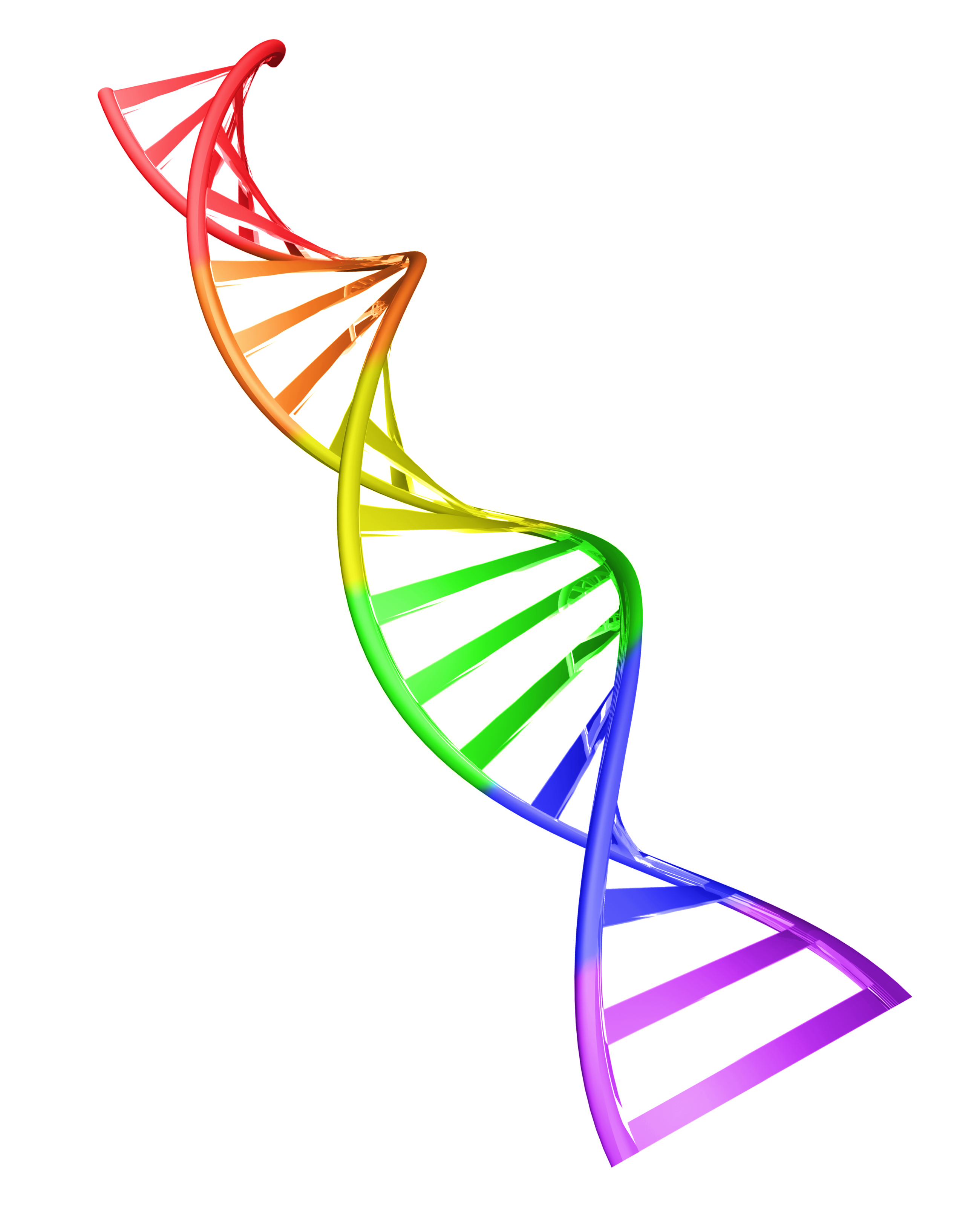Now we’ve dispensed with the nonsense “gay gene” trope, let’s interrogate the way we talk about genetics and traits full stop
By Philip Ball,
Prospect
| 09. 04. 2019
Some people once felt that the reason to look for a “gay gene” was so that it could be eliminated. Under the headline “Abortion hope after ‘gay genes’,” in 1993 the Daily Mail wrote “Isolation of the genes [causing homosexuality] means it could soon be possible to predict whether a baby will be gay and give the mother the option of an abortion.”
Revisiting that reporting now it has been announced that there is no “gay gene” shows us how much has changed over less than three decades in public attitudes to homosexuality. Sadly, there has not been a comparable change in public attitudes to genes. Few would now take the abhorrent view that a genetic propensity to being gay would constitute good grounds for termination of a pregnancy, but probably many would have no problem believing that your genes could “make you gay” in the first place. This latest interrogation of genetic determinism illustrates how far we have still to go to shift the prevailing narrative about genes.
The new research, led by a team at the Broad...
Related Articles
By Alex Polyakov, The Conversation | 02.09.2026
Prospective parents are being marketed genetic tests that claim to predict which IVF embryo will grow into the tallest, smartest or healthiest child.
But these tests cannot deliver what they promise. The benefits are likely minimal, while the risks to...
By Steve Rose, The Guardian | 01.28.2026
Ed Zitron, EZPR.com; Experience Summit stage;
Web Summit 2024 via Wikipedia Commons licensed under CC by 2.0
If some time in an entirely possible future they come to make a movie about “how the AI bubble burst”, Ed Zitron will...
By Arthur Lazarus, MedPage Today | 01.23.2026
A growing body of contemporary research and reporting exposes how old ideas can find new life when repurposed within modern systems of medicine, technology, and public policy. Over the last decade, several trends have converged:
- The rise of polygenic scoring...
By Daphne O. Martschenko and Julia E. H. Brown, Hastings Bioethics Forum | 01.14.2026
There is growing concern that falling fertility rates will lead to economic and demographic catastrophe. The social and political movement known as pronatalism looks to combat depopulation by encouraging people to have as many children as possible. But not just...




